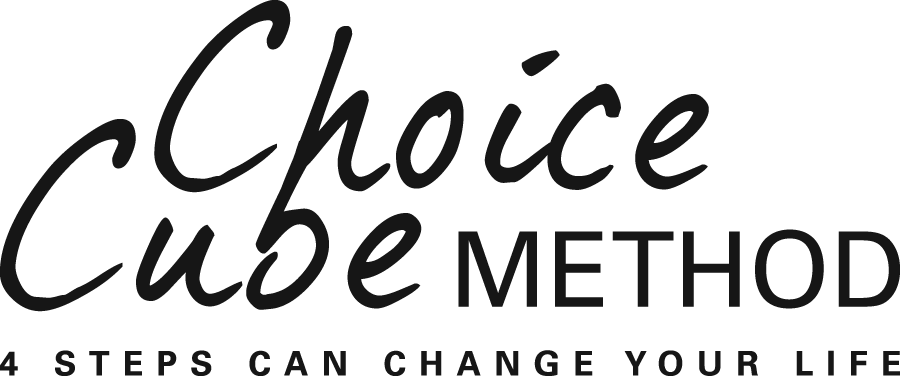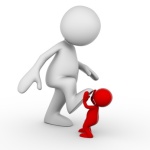Victims! Victimizers! What About Problem Solvers?
/Republican presidential candidate Romney’s recent statement about victimhood brings to mind Herman Cain’s, declaration of some months ago, ”I refuse to be a victim!”
I was fascinated to hear Cain, an earlier Republican presidential hopeful, clearly state that he refused to be a victim. What exactly are these two powerful men talking about?
WHEN YOU ARE A VICTIM. Victims try to Avoid! Avoid! Avoid! They believe they need others to fix or provide for them. As result, they are willing to give up their healthy, independent selves rather than confront and resolve issues,. Victims respond to people and situations from an under-dog, one-down position. For a victim, it feels safer to avoid arguments and confrontation.
BUT THERE IS A PROBLEM. The problem is that victims eventually find a way to become the victimizer.
WHEN YOU ARE A VICTIMIZER. Victimizers try to Control! Control! Control! They send the message. “You need me to set things straight. I have all the answers. I know better. I’ll fix you and everyone else. It must be done my way.“ Victimizers respond to people and situations from a top-dog, one-up position. Being in control helps a victimizer feel safe.
THE VICTIM-VICTIMIZER SWING. Just as victims swing into the victimizer position, every victimizer eventually collapses into the victim position. I call this swing from victim to victimizer or from victimizer to victim the “Victim-Victimizer Swing.” Every one goes into the Victim-Victimizer Swing from time to time. But gratefully, a third option exists.
WHAT ABOUT THE PROBLEM-SOLVER POSITION? The choice to respond to people and situations as victims or victimizers tugs at us in every stressful situation. But those who manage their stress and negative emotions can stay aware and objective. They have a third option. They can respond as problem-solvers looking for a win-win solution. It all starts with honesty and a commitment to a win-win solution.
WHAT ABOUT YOU? Using Eric Berne’s concept of “okayness,” might help you recognize when you go into victim or victimizer. When you feel stressed or confused, ask yourself which position you have adopted.
- I'n not okay -- You're okay -- Victim
- I'm oaky -- You're not okay -- Victimizer
- I'm okay -- Your'e okay -- Problem Solver
These are confusing times. Becoming victims and victimizers only adds to problems and detracts from finding solutions. Would you like to learn more about becoming a problem solver? In her book, Become the Person You Were Meant to Be The Choice-Cube Method, Dr. Beth Cujé helps you understand yourself and sets forth tools and 4 steps to help you become a problem-solver. Just click here to get the first chapter of her book for FREE.






